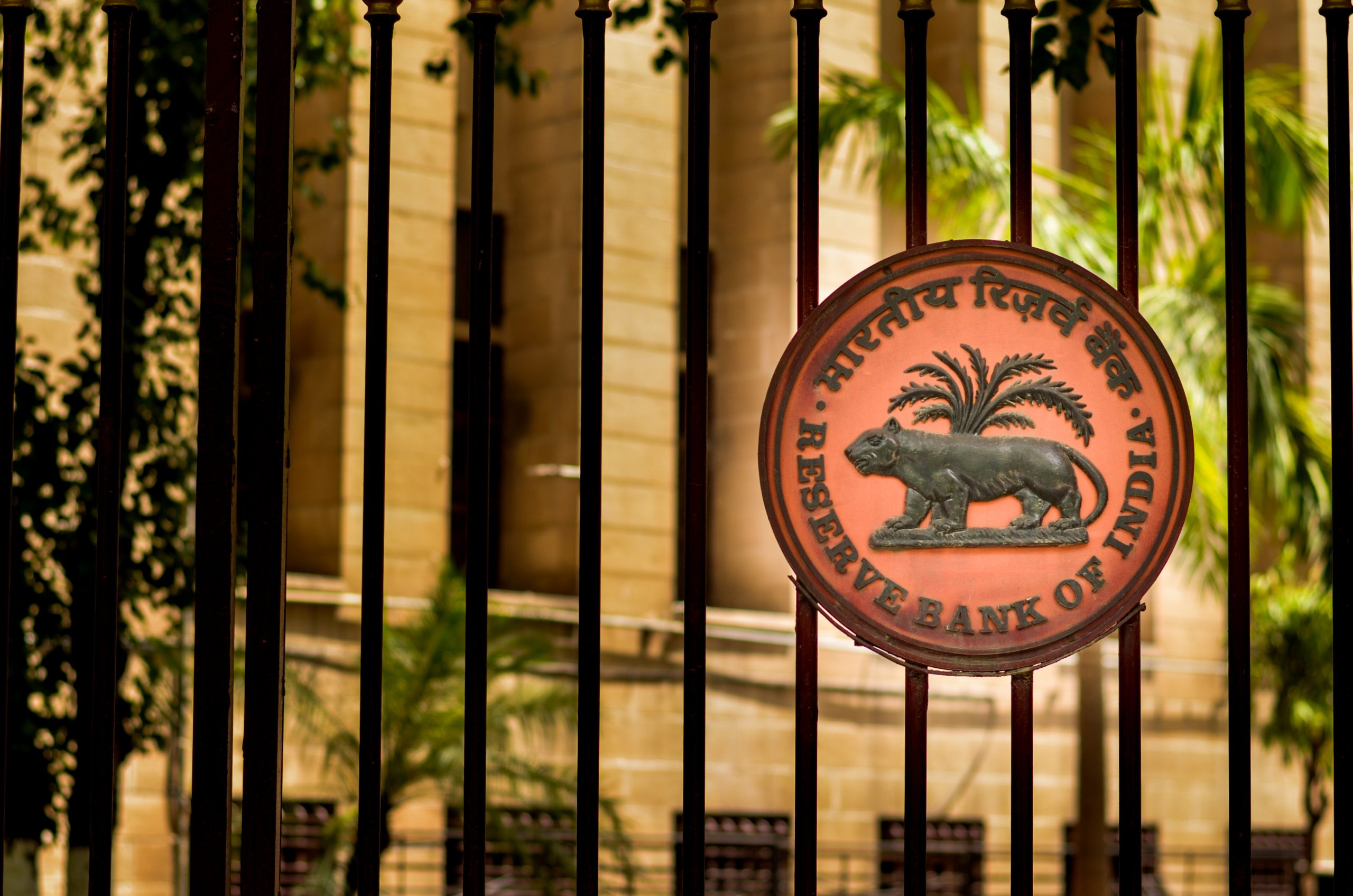Bombay Chamber’s Inputs – Guidelines for Appointment of Statutory Central Auditors (SCAs)/Statutory Auditors (SAs) of Commercial Banks (excluding RRBs), UCBs and NBFCs (including Housing Finance Companies)
Banking Finance & Capital Markets
 14 Feb 2022
14 Feb 2022
Suggestions and Comments on Report of the Internal Working Group of RBI to Review Extant Ownership Guidelines and Corporate Structure for Indian Private Sector Banks
We thank the Reserve Bank of India (the “RBI”) for this opportunity to present our views and suggestions on the Report of the Internal Working Group to Review Extant Ownership Guidelines and Corporate Structure for Indian Private Sector Banks’ issued on November 20, 2020 (“IWG Report”). The RBI had released the report a little while back and invited suggestions and feedback from various stakeholders. Set out below are our inputs on certain specific recommendations in the discussion paper.
 27 Jan 2022
27 Jan 2022
Pre-Budget discussion on Union Budget 2022-23 : Creating Five Trillion-Dollar Economy
Much is being expected from the forthcoming Budget to be announced in the month of February, 2022 by the Hon’ble Finance Minister to kick-start the investment cycle so that the domestic economy transits into a higher growth orbit while remaining inclusive and sustainable. In fact, Union Budget is expected to be an agent of change in ushering India towards the laudable 2025 goals often enumerated by the government.
It is in this backdrop, Bombay Chamber of Commerce & Industry has organised a Pre-Budget discussion with eminent personalities as panelists. You are cordially invited to hear experts on Union Budget: 2022-23 – CREATING FIVE TRILLION-DOLLAR ECONOMY.
 06 Oct 2021
06 Oct 2021
Clarification on Asset Criteria in various Guidelines issued by the RBI
Suggestions and Comments on RBI Paper on ‘Clarification on Asset Criteria in various Guidelines issued by the RBI’ by the Bombay Chamber of Commerce and Industry is discussed.
We thank the Reserve Bank of India (the “RBI”) for this opportunity to present our views and suggestions on the Discussion Paper on ‘Clarification on Asset Criteria in various Guidelines issued by the RBI. Set out below are our inputs on certain specific recommendations in the discussion paper.
 27 May 2021
27 May 2021
Suggestions and Comments on Review of Disclosures in Respect of Analyst/ Institutional Investor Meets by Listed Entity Proposed by SEBI at the Board Meeting on 25 March, 2021
The Background
SEBI during its Board Meeting held on March 25, 2021 has decided, inter alia, to amend the Listing Regulations, and introduce a new requirement of uploading the audio/video recordings of all Analyst/Institutional Investor meets on the website of the listed entity and stock exchanges promptly, either before the next trading day or within 24 hours, whichever being earlier and disclosure of the written transcripts of such meetings within 5 working days (“Proposal”).
The Proposal approved at the recent SEBI Board Meeting appears to be much wider in scope as compared to those proposed in the SEBI Report** as listed companies would be now required to upload audio/video recordings and written transcripts of all Analyst/Institutional Investor meets apart from attaching the audio/ video recordings and written transcripts of post earnings conference call/quarterly calls.
The Concern
Whereas we appreciate SEBI’s endeavours towards eliminating information asymmetry across different classes of equity investors, the current Proposal by SEBI makes compliance very impractical and will discourage listed companies from meeting Analysts as well as existing and potential Institutional Investors.
Policy Implication
We believe, the outcome will be detrimental to both the investing community and the listed entities.
Rationale and Recommendations
Our recommendations are summarized below.
We sincerely hope SEBI will consider our representation favorably and come up with guidelines which balances investor interests and compliances.
 15 Jul 2020
15 Jul 2020
Suggestions and Comments on RBI Discussion Paper on ‘Governance in Commercial Banks in India’ by the Bombay Chamber of Commerce and Industry
We thank the Reserve Bank of India (the “RBI”) for this opportunity to present our views and suggestions on the Discussion Paper on ‘Governance in Commercial Banks in India’ released on June 11, 2020. We understand that the discussion paper has been released in response to the recent instances of fallouts in the governance and management of several Indian commercial banks, and appreciate that it seeks to compensate the legislative drawbacks by aligning the management and governance principles as well as rules with established global standards on the subject. Set out below are our inputs on certain specific recommendations in the discussion paper.
 19 Jul 2019
19 Jul 2019
Post-Budget Memorandum, 2019-20 of Bombay Chamber on Banking, Finance & Economic Affairs
On 5 July, 2019 the Hon’ble Finance Minister Ms. Nirmala Sitharaman presented Union Budget 2019-20 in the Lok Sabha at Parliament .
Bombay Chamber has submitted Post Budget Memorandum 2019 on Banking, Finance & Economic Affairs to Department of Economic Affairs, Ministry of Finance, Govt. of India.
 28 Mar 2019
28 Mar 2019
Lecture on Non-Performing Assets and Bank Lending Growth
Dr. Amartya Lahiri
Professor, Vancouver School of Economics, University of British Columbia
Director, Center for Advanced Financial Research and Learning (promoted by the Reserve Bank of India)
Interactive session on Land Acquisition Act-2013
The Session was focused on both the Legal and Economic perspectives of The Land acquisition Bill and its impacts on the various sectors. presented by : Mr. K. Selvaraj Director- Legal, IDFC Ltd & Ms. B. Jehani, Director- Research, CRISIL Ltd.







